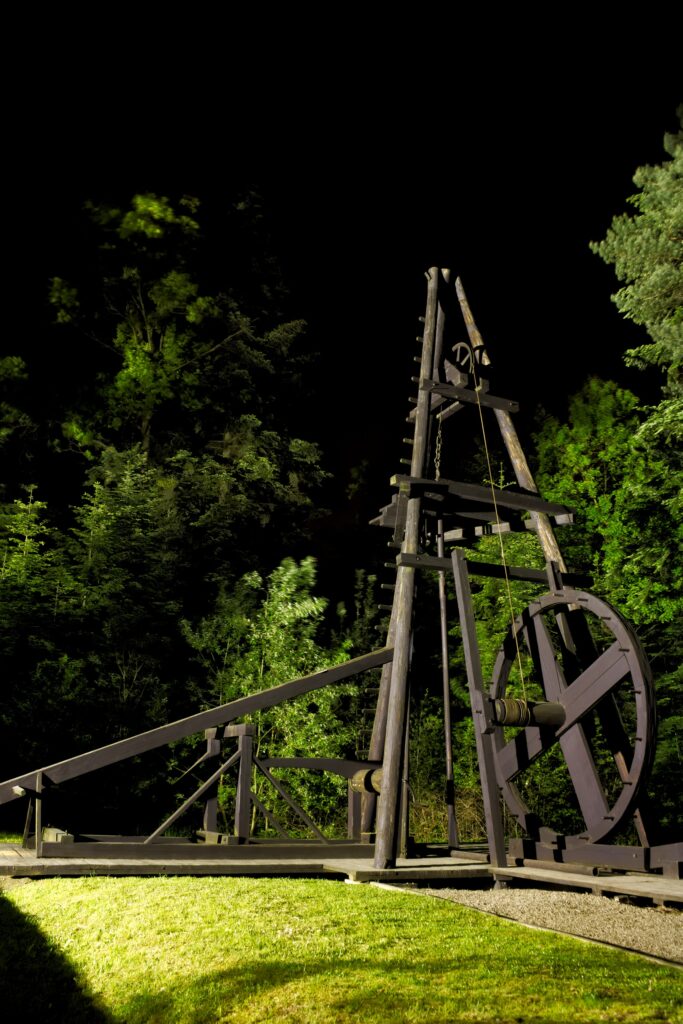A Place for Oil: Event Details

What does oil mean to those who live in places where it is produced? How are legacies of oil created and contested? And how will we remember the oil industry in the context of climate change and transitions to renewable energy sources?
Since the beginning of the industrial production of oil in the mid-19th century, oil and modernity have been closely intertwined. Literally and symbolically, oil industry fuelled economic transformations, the spread of cities, and the pursuit of global realities. As oil changed the world, it also transformed many specific places, especially where oil was produced. New towns were built and later abandoned, local communities destroyed and later re-created.
Today, as oil production is becoming increasingly problematized and other sources of energy begin to take its place, the time has come to reflect upon the role of oil and its heritage in these places of production. We are pleased to invite you to our week-long workshop where we will explore these fundamental questions about the connections between oil, place, and memory.
The workshop brings together museum curators from across the world and leading scholars researching industrial heritage. We will visit the museum sites through virtual tours, explore their collections, and meet in virtual museum cafés to discuss how and why we memorialise oil.



